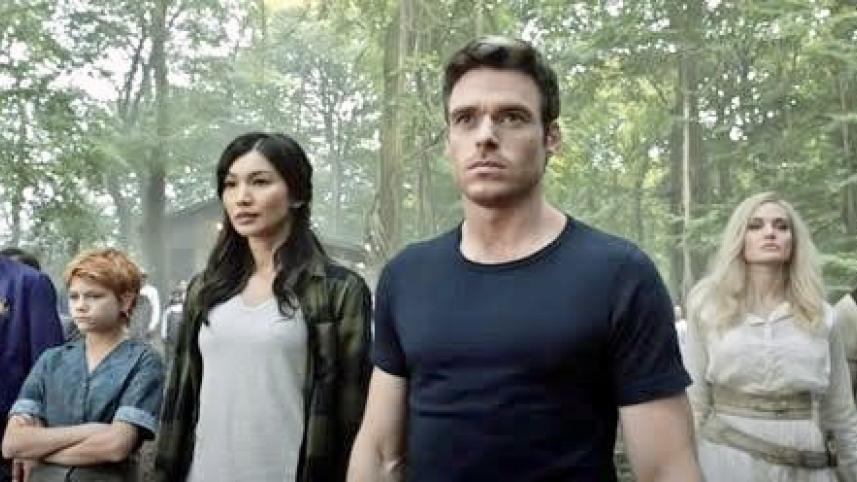‘Too early to ease’ curbs in Europe
The World Health Organization's European branch yesterday said it is too early to ease virus restrictions in Europe despite a drop in new cases in most countries.
Hans Kluge, the WHO's regional director for Europe, said 30 of the WHO European region's 53 countries had "seen a significant decrease in 14-day cumulative incidence."
"Yet, transmission rates across Europe are still very high, impacting health systems and straining services, making it too early to ease up," Kluge told an online press conference.
The regional director also noted that since only three percent of people in the region had already had a confirmed infection, areas that had been "hit badly once can be hit again."
Kluge described the current situation as a "pandemic paradox", noting that while the rollout of vaccines offered "remarkable hope... newly emerging variants of concern are presenting greater uncertainty and risk."
In the WHO's European Region, which includes Russia and several Central Asian countries, 35 states have started vaccinations, according to the WHO.
As for the new variant first discovered in the UK, it has been confirmed in 33 countries and the variant first identified in South Africa has been reported in 16.
Kluge also said vaccine manufacturers were working non-stop to plug shortfalls in supplies to countries struggling to contain the pandemic and urged them not to jostle for deliveries.
"Solidarity does not necessarily mean that each country in the world starts (vaccinating) at exactly the same moment ... The good understanding is that no one is safe before everyone is safe," he said.
Asked about delays in expediting Pfizer and AstraZeneca vaccines to patients across the 27-nation European Union, Kluge and a WHO-Europe vaccination expert, Siddhartha Datta, appealed to governments and manufacturers to cooperate in addressing "teething problems" in the rollout.
"The reality is there is a shortage of vaccines...(But) we don't doubt that manufacturers and producers are working 24-7 to bridge the gaps and we're confident the delays we are seeing now are going to be made up by extra production in the future," Kluge said.
The WHO reiterated that vaccines should be shared equitably, between poor and rich nations, to help end the pandemic with Datta stressing Covid-19 vaccines were "a global public good".
According to AFP's own tally for Europe, which excludes some of the Central Asian countries in the WHO European region, new cases totalled 1,421,692 in the last seven days, down about 10 percent compared with the previous seven.
Days away from the one-year anniversary of the first confirmed cases of Covid-19 in Europe, Kluge said "breaking transmission chains is a clear priority."
However he also stressed that the impact on mental health was now so severe that poor mental health had become a "parallel pandemic".
Citing figures from the International Labour Organization (ILO), Kluge said half of people between 18 and 29, as well 20 percent of healthcare workers, were suffering from "anxiety and depression".
WUHAN VIRUS PROBE
A team of experts from the WHO left quarantine in Wuhan yesterday to begin a heavily scrutinised probe into the origins of the pandemic, after Washington urged a "robust and clear" investigation.
The group started a two-week quarantine on arrival on January 14 in the central Chinese city where the first known cluster of virus cases emerged in late 2019.
Wearing masks, they peered at the ranks of waiting media from the window of a bus which whisked them from the quarantine to another hotel yesterday -- although it was not immediately clear when and where their investigation will start.
"So proud to graduate from our 14 days... no-one went stir crazy & we've been v productive," tweeted team member Peter Daszak, president of EcoHealth Alliance, a global NGO focused on infectious disease prevention.
Beijing said WHO experts probing the origins of the coronavirus must be allowed to work free from "political interference".
China hopes the US can "respect facts and science, respect the hard work of the WHO international... expert team", Ministry of Foreign Affairs spokesman Zhao Lijan told reporters, and allow them to work "free from political interference".




 For all latest news, follow The Daily Star's Google News channel.
For all latest news, follow The Daily Star's Google News channel.
Comments